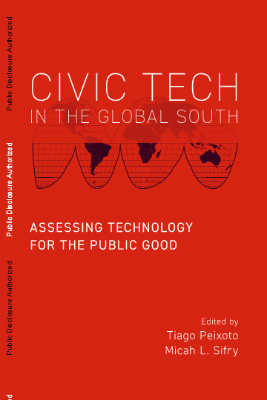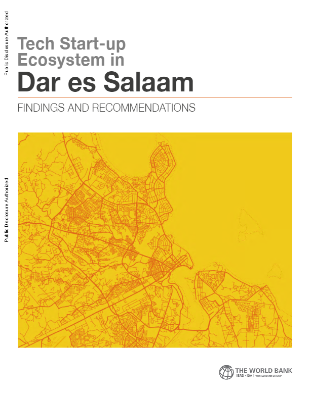This book is comprised of one study and three field evaluations of civic tech initiatives in developing countries. The study reviews evidence on the use of twenty-three information and communication technology (ICT) platforms designed to amplify citizen voices to improve service delivery. Focusing on empirical studies of initiatives in the Global South, the authors highlight both citizen uptake (“yelp”) and the degree to which public service providers respond to expressions of citizen voice (“teeth”).
The first evaluation looks at U-Report in Uganda, a mobile platform that runs weekly large-scale polls with young Ugandans on a number of issues, ranging from safety to access to education to inflation to early marriage. The following evaluation takes a closer look at MajiVoice, an initiative that allows Kenyan citizens to report, through multiple channels, complaints with regard to water services. The third evaluation examines the case of Rio Grande do Sul’s participatory budgeting—the world’s largest participatory budgeting system—which allows citizens to participate either online or offline in defining the state’s yearly spending priorities.
While the initiatives examined may vary on a number of aspects, their common denominator is the use of technology to engage citizens in public policies and services. In each case, the authors are breaking new ground, as there are few benchmarks available for comparison in terms of understanding what kinds of public engagement methods produce what outcomes. While the comparative study has a clear focus on the dimension of government responsiveness, the evaluations examine civic technology initiatives using five distinct dimensions, or “lenses.” The choice of these lenses is the result of an effort bringing together researchers and practitioners to develop an evaluation framework suitable to civic technology initiatives.1 Each of the lenses, presented below, are accompanied by a set of questions that are relevant for both the design and implementation of civic technology initiatives.











